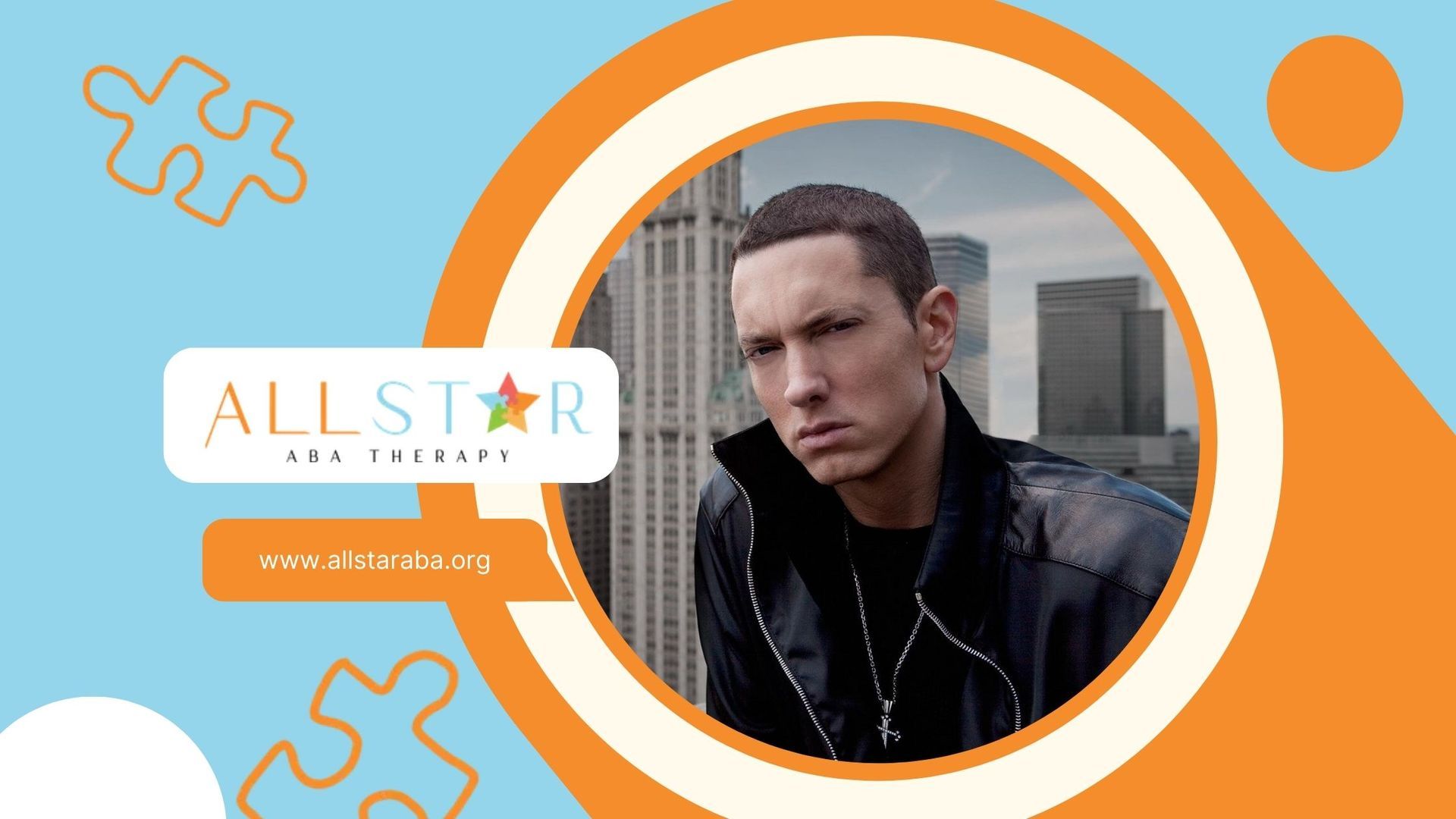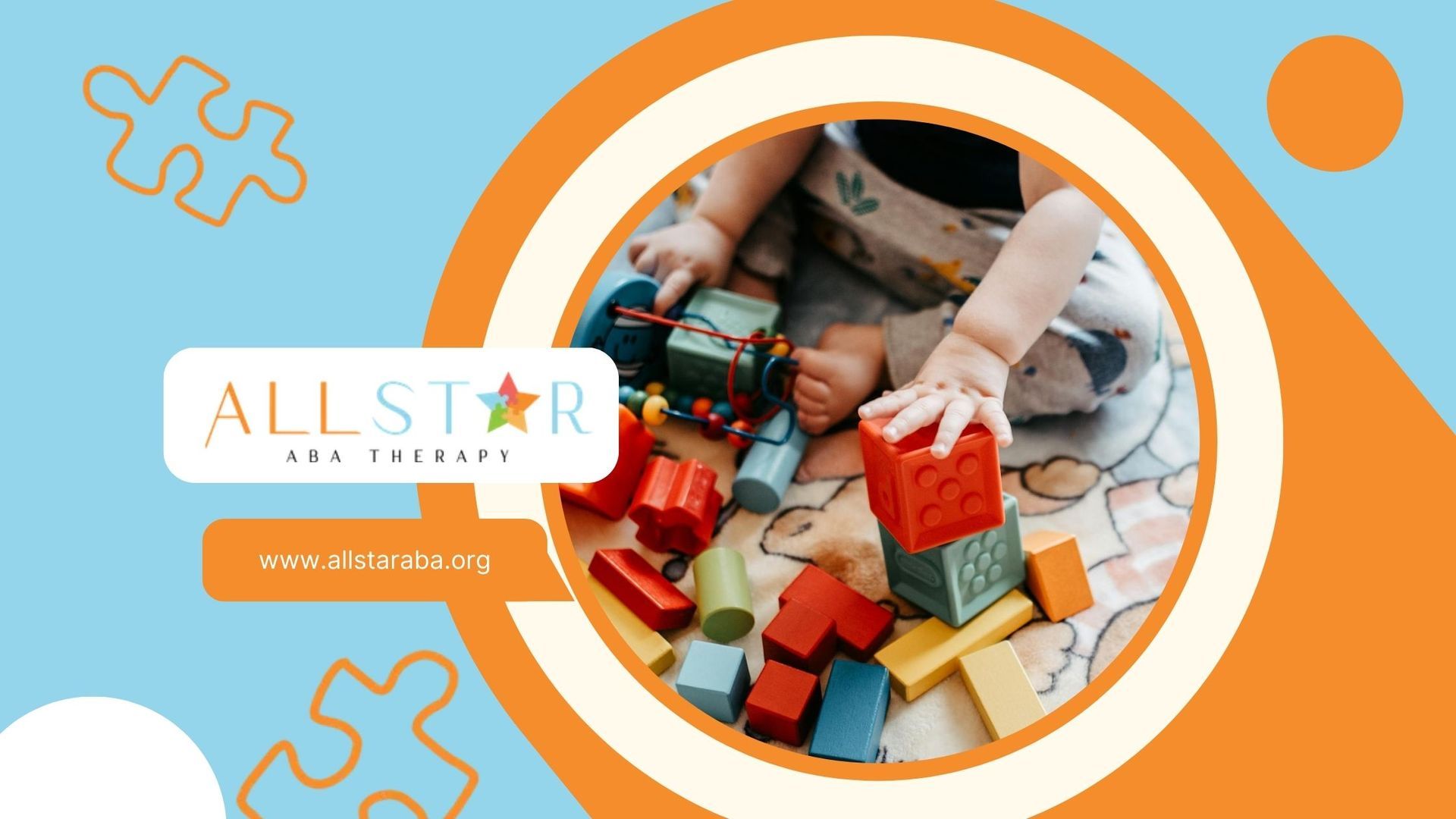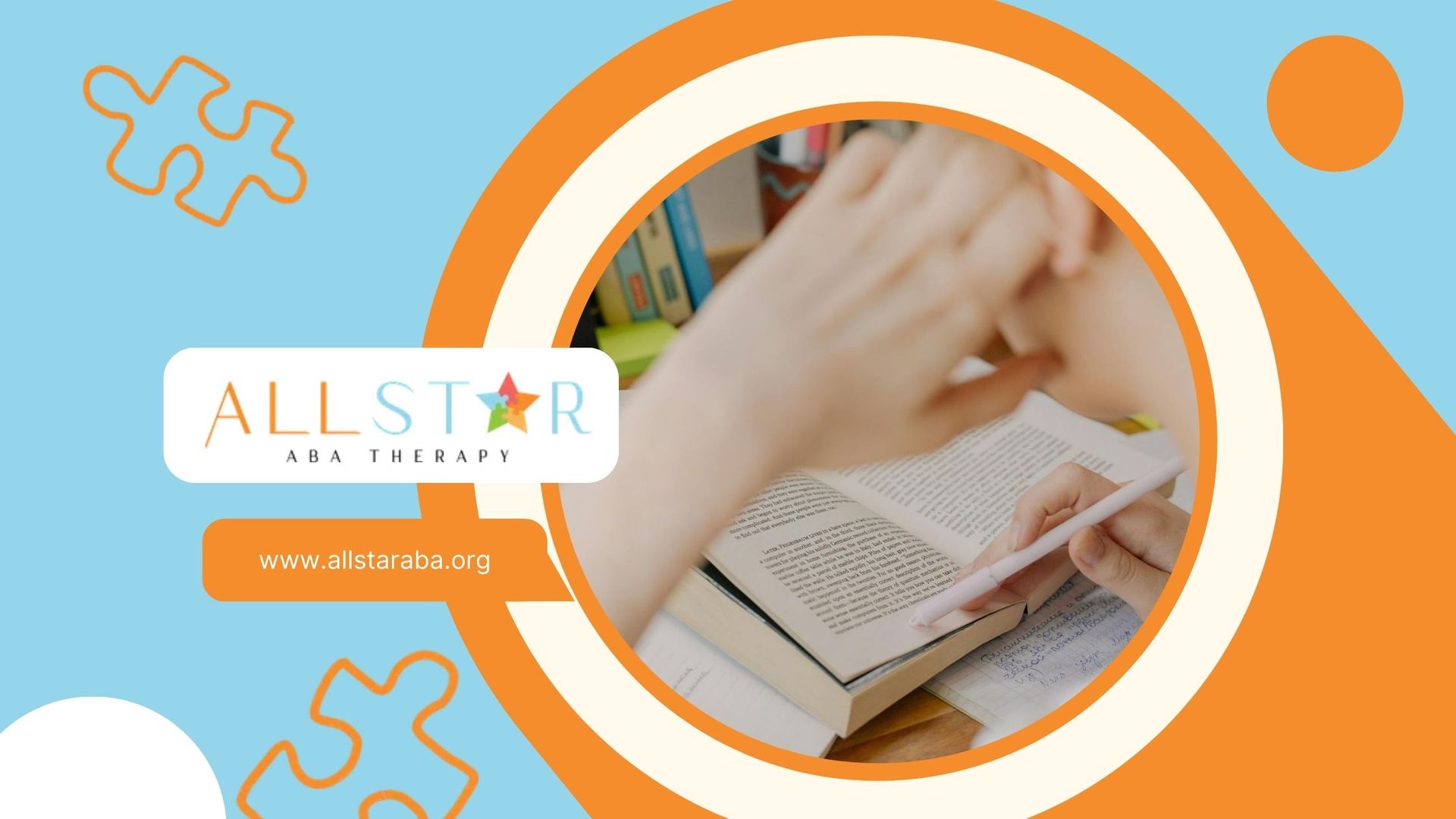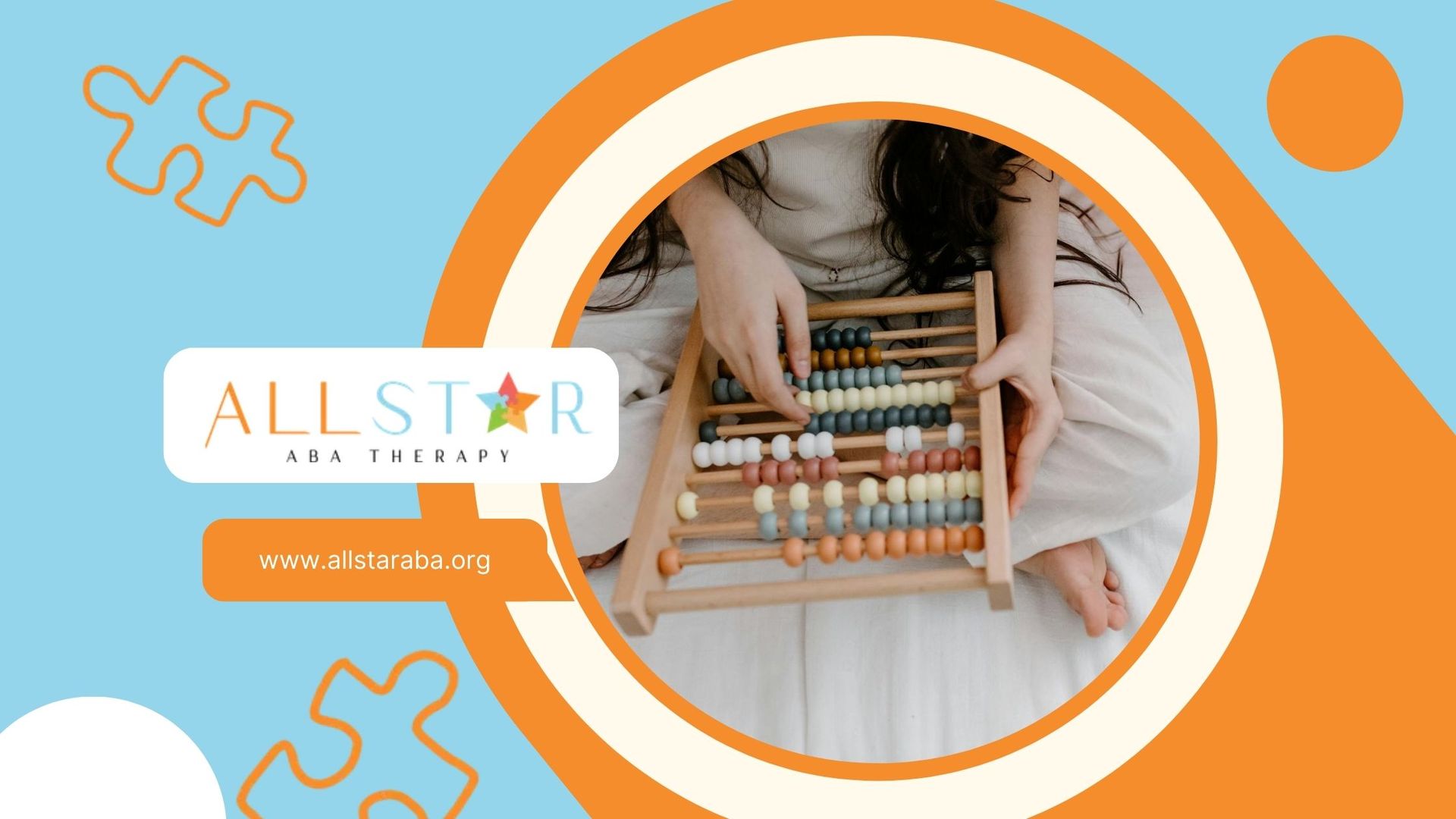New Paragraph
Susan Boyle Opens Up About Autism Diagnosis
Key Highlights
- Scottish singing sensation Susan Boyle, celebrated for her Britain's Got Talent success, reveals her Asperger's syndrome diagnosis.
- Boyle's diagnosis has brought immense relief, helping her understand her lifelong experiences.
- Boyle candidly shares the challenges she faces due to social interaction and communication difficulties stemming from Asperger's.
- The singer's openness has garnered widespread support, including from Simon Cowell, raising awareness and understanding of autism.
- Boyle uses her platform to advocate for autism acceptance, emphasizing the importance of support and dispelling misconceptions.
Introduction
Susan Boyle, the Scottish singer known for her amazing talent on Britain's Got Talent, has recently talked about her autism diagnosis. She said that she received this diagnosis about a year ago. It has helped her understand the challenges she has faced in her life. This news has not only made her feel relieved but has also started important talks about autism spectrum disorder.
The Revelation of Susan Boyle's Autism
Since her memorable debut on Britain's Got Talent in 2009, Susan Boyle has stayed in the spotlight. Her amazing voice and charming nature have won the hearts of many people around the world. But her path to understanding herself changed when she was diagnosed with Asperger's syndrome.
This diagnosis helped Boyle gain clarity. It allowed her to see the reasons behind the social and communication difficulties she faced. It shows that autism diagnoses can happen at any age and sometimes give answers that have been long awaited.
The Moment of Diagnosis: A Turning Point
Susan Boyle wanted to understand herself better. So, she went to a Scottish specialist for help. During their time together, she found out why she often felt different. This led to a diagnosis of Asperger's syndrome, which made her feel a deep sense of relief.
For her, this diagnosis was more than just a name. It helped her validate her feelings and gave her a way to understand herself more deeply. Asperger's is a form of autism that makes social interaction and communication hard. Susan had faced challenges in these areas.
With this new understanding, Susan could finally make sense of what she had gone through. The diagnosis helped her be kinder to herself and to find support that matched her needs.
Public and Personal Reactions to the News
When Susan Boyle talked about her Asperger's diagnosis, she got a lot of support from fans all over the world. People praised her for her bravery in being open about her life, facing the stigma related to autism.
Simon Cowell, a judge on Britain's Got Talent who saw Boyle’s amazing talent in person, showed his full support. He spoke highly of her journey and her bravery in dealing with the struggles of Asperger's.
Boyle's honesty has been key in helping people understand autism better. By sharing her own story, she has worked to break down barriers and challenge common myths about the condition.
Understanding Autism Spectrum Disorder (ASD)
Susan Boyle, the Scottish singer, openly talked about her autism diagnosis. She wants to help people understand the challenges of autism spectrum disorder (ASD) better. Even with her fame from "Britain’s Got Talent," Boyle faced communication difficulties because of her Asperger syndrome. By sharing her story, she hopes to change negative views on autism and start important conversations in the community. The support of people like Simon Cowell has played a big role in her journey to get a clearer understanding of autism.
Defining Autism: Beyond the Stereotypes
One big misunderstanding about autism is that it means brain damage. This is not true. Autism comes from natural differences in how the brain develops.
People on the autism spectrum might struggle with communication. They may have trouble understanding nonverbal signals, keeping eye contact, and joining conversations. They may also find social interactions hard. They can struggle with navigating social situations or understanding social rules.
It is important to think about autism with care and kindness. Working to remove these wrong ideas and sharing the right facts can help make the world more accepting for people on the autism spectrum.
The Spectrum Explained: Where Asperger's Fits In
Asperger's syndrome is no longer a separate diagnosis in the Statistical Manual of Mental Disorders (DSM-5). It is now included under the bigger category of autism spectrum disorder.
People who were once diagnosed with Asperger's often have average or higher intelligence. They usually do not have major language delays. Still, they can struggle with social skills, communication, and sensory issues.
It is important to understand that autism is a spectrum. This means people have different levels of support needs. They can also have a mix of strengths and challenges.
The Impact of Autism on Susan Boyle's Life and Career
Susan Boyle's diagnosis of Asperger's has greatly affected her life. This has been true for both her personal life and her career. She has faced challenges with social interactions and communication. Sometimes, this made her public career very tough.
However, Boyle’s story shows the strength and determination of people on the autism spectrum. She has chosen not to let her difficulties define her. Instead, she focuses on her amazing talent and love for music.
Challenges Faced in the Limelight
Stepping into the spotlight can be scary for anyone, especially for Susan Boyle. Her experience was made harder because of Asperger's. She faced constant pressure to keep eye contact. The unpredictable social interactions in the entertainment world were also tough for her.
Boyle’s time on Britain’s Got Talent was exciting but had its vulnerable moments too. Some people mixed up her social awkwardness or anxiety with arrogance or aloofness. This shows why we need to understand before we judge.
Susan Boyle has shown great strength throughout everything. She has used her chance to make people aware of autism. She challenges the unfair label often placed on those who are “different.”
Triumphs Over Adversity: Highlighting Key Performances
Susan Boyle's amazing voice has touched many people around the world. Her strong performances of popular songs have gained her lots of praise and fans. Even with the challenges she has faced, her musical gift has always stood out.
Besides her singing career, Boyle has also tried acting. She took a small role in the movie "The Christmas Candle." This shows how much she wants to try new things and adapt.
Also, Boyle's wish to be in a show of "Les Miserables" shows her strong drive and the strength of never giving up, even when times are tough.
Strategies and Support Systems for Managing ASD
Managing the challenges of Asperger's takes a different plan for each person. Susan Boyle has created her own ways to handle everyday life. She focuses on routines, loves her hobbies, and works to reduce sensory overload.
A good support system is also very important. Family, friends, and professionals who understand can give helpful support. This support can help people feel they belong and celebrate their unique strengths.
Daily Routines and Coping Mechanisms
Establishing a daily routine is very important for people on the autism spectrum. It gives them a sense of predictability and stability. For example, Susan Boyle finds comfort in her structured schedule. This helps her manage anxiety and stay grounded.
Doing enjoyable activities and hobbies can help people relax and express themselves. Susan Boyle loves music. This brings her joy and comfort, showing how important it is to follow your interests.
Those with Asperger's often have sensory sensitivities. They can manage this by reducing exposure to strong stimuli. Susan uses noise-canceling headphones and looks for quiet places when she needs a break.
The Role of Family, Friends, and Professionals
A strong support system is very important for people facing the challenges of Asperger's syndrome. Susan Boyle has talked about how much her support network means to her, depending on the kindness and understanding from those close to her.
There were times when Boyle turned to social services for extra help. Knowing when to ask for professional support is a key part of self-care. It helps individuals get the assistance they need to succeed.
Professionals can offer advice, strategies, and resources. They help people with Asperger's manage their issues and reach their goals. A great team made up of therapists, counselors, and support workers can really make a big difference.
Susan Boyle's Advocacy for Autism Awareness
Since her diagnosis of Asperger's, Susan Boyle has used her strong voice to raise awareness and support for the autism community. She knows how important it is to share her story. This helps others better understand what life is like for people on the autism spectrum.
Susan’s efforts go beyond just talking. She takes part in programs that work to make the world more inclusive and kind for those with autism. She challenges wrong ideas and pushes for more support and resources.
Using Her Voice to Educate and Inspire
Susan Boyle is willing to do interviews and share her story. This has helped people learn more about autism. In her interviews, she talks openly about her struggles and successes. She highlights the need for acceptance.
Boyle's honesty and realness stand out in all her discussions. She talks about tough topics and understands that being open helps break down stigma.
Through what she says, Susan motivates many people. This includes those on the autism spectrum and their supporters. Her message is simple: being different does not mean being less. It is about accepting neurodiversity and supporting a society that values each person's unique abilities.
Collaborations with Autism Organizations
Susan Boyle's influence goes beyond her singing. She works with autism organizations to support efforts for awareness, understanding, and acceptance.
Through this work, Boyle raises funds and helps lift the voices of the autism community. She also supports policies for individuals with autism and their families.
Her commitment to making a difference is clear in what she does. Similar to Meryl Streep, who uses her fame for social change, Boyle leverages her celebrity to create positive change for the autism community.
Conclusion
In conclusion, Susan Boyle's honesty about her autism has highlighted the need for understanding and accepting neurodiversity. Her journey shows strength and the importance of knowing oneself while facing challenges. By sharing her story, she has become a strong supporter for autism awareness. She inspires others to accept their differences. Susan works with autism groups and is dedicated to teaching the public. This shows how powerful it is to speak up for good change. As we learn from Susan's experiences, let's create a more welcoming and supportive place for people with autism.
Frequently Asked Questions
How did Susan Boyle discover her autism?
The popular Scottish singer, Susan, got her Asperger’s diagnosis in December 2012. She met with a specialist in Britain for this. This diagnosis gave her relief. It also helped her understand her life experiences better.
What challenges did Susan face after her diagnosis?
Living in the spotlight brought special difficulties for Susan, who has Asperger’s. She found social interaction and communication skills hard to learn. This made her feel anxious. Sometimes, people who did not know about her condition misunderstood her actions.
How has Susan Boyle contributed to autism awareness?
Susan Boyle has taken a strong stand for autism by bravely telling her story. She wants to help others understand more about it. Her honest approach and her work with autism groups in Blackburn inspire people to accept and recognize the many different experiences within the autism spectrum.
Can adults be diagnosed with autism later in life?
Yes, more adults are getting diagnosed with ASD now. Many adults, just like Susan, were not diagnosed when they were kids. Getting an official diagnosis later in life can change everything. This is true even for those who have a high IQ. It helps them understand their challenges better and find the right support based on the DSM.
Where can people find resources and support for ASD?
Connecting with local autism groups is a great first step to find support and resources. Online communities give you a lot of information and personal stories. They help build kindness and understanding. By sharing your journey, like Susan who stepped into the spotlight, you can create strong bonds and find the support you need.
Need Support?
We're Here to Help!
Our experienced team is ready to assist you. Reach out today to discuss how we can support your child's development and well-being.
Get started with expert ABA therapy today.
Related posts

All Star ABA delivers the gold standard of care, Applied Behavioral Analysis (ABA) therapy, for individuals diagnosed with ASD, from infancy to age 21.
Quick Links
All Rights Reserved | All Star ABA







